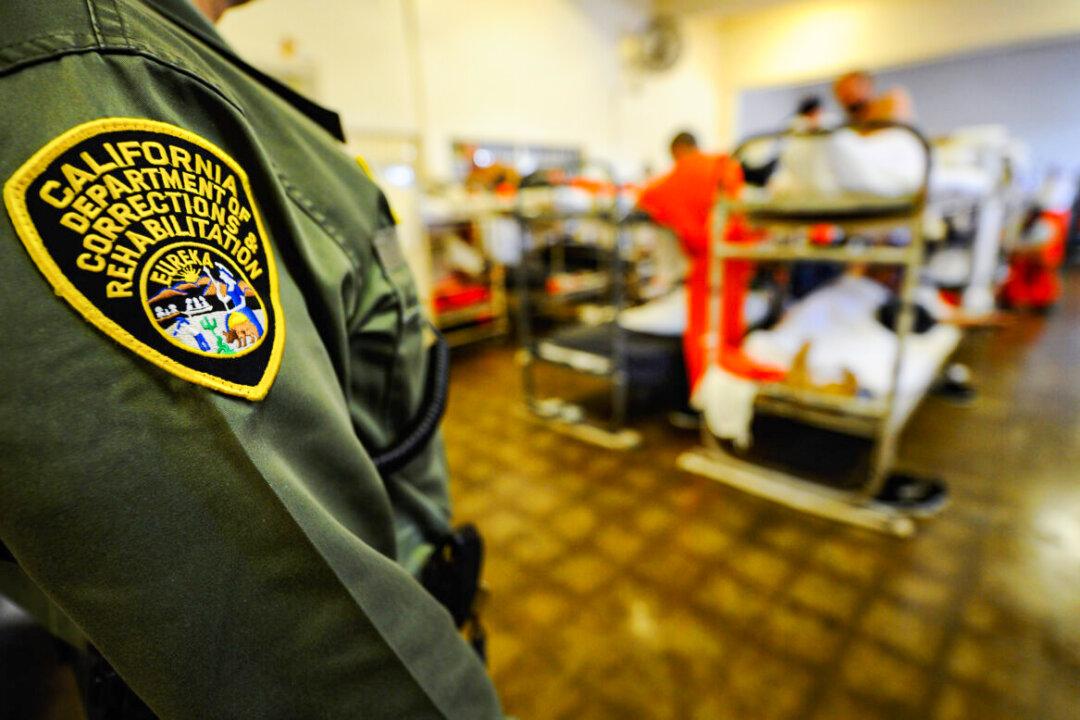California State detention centers, including prisons and county jails, will face new regulations that expand the board overseeing operations and allow public access to records related to deaths in such facilities, following California Gov. Gavin Newsom’s signing of Senate Bill 519 on Oct. 4.
“The number of in-custody deaths in recent years has been alarming, and SB 519 is an effort to try to reduce these numbers,” California state Senate President Pro-Tempore Toni G. Atkins, a Democrat and author of the bill, wrote in an Oct. 10 email to The Epoch Times. “The new law will help increase oversight and provide state-level recommendations for improvement on outcomes.”





